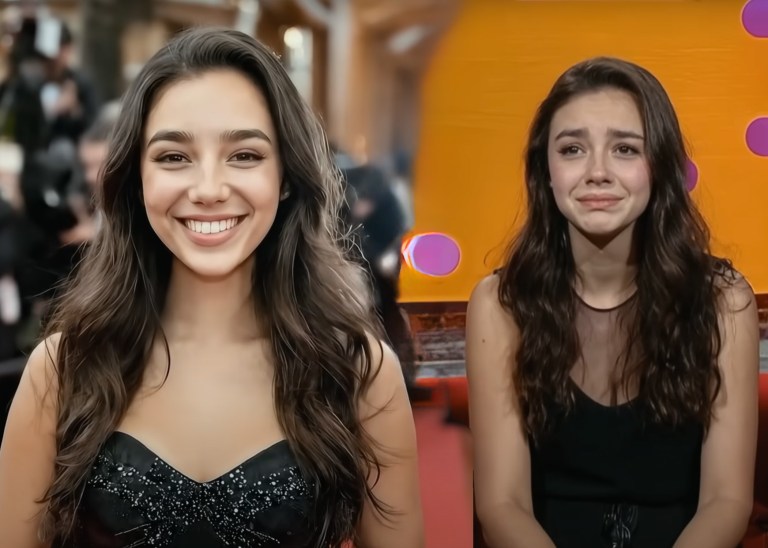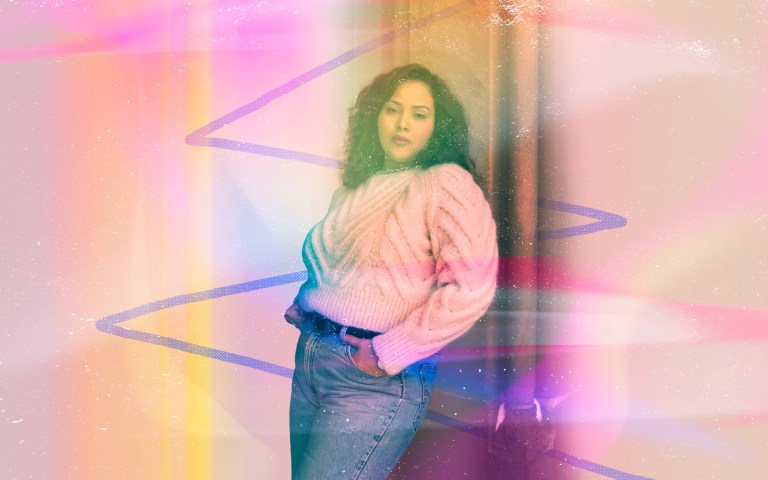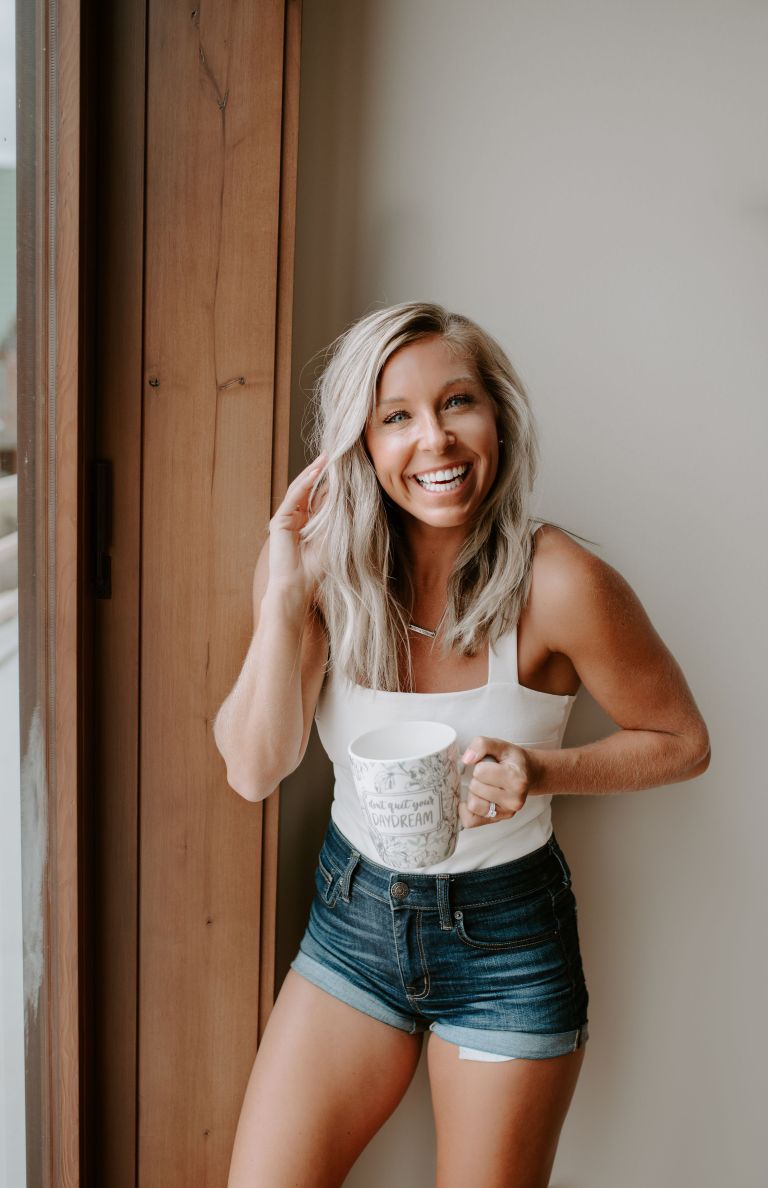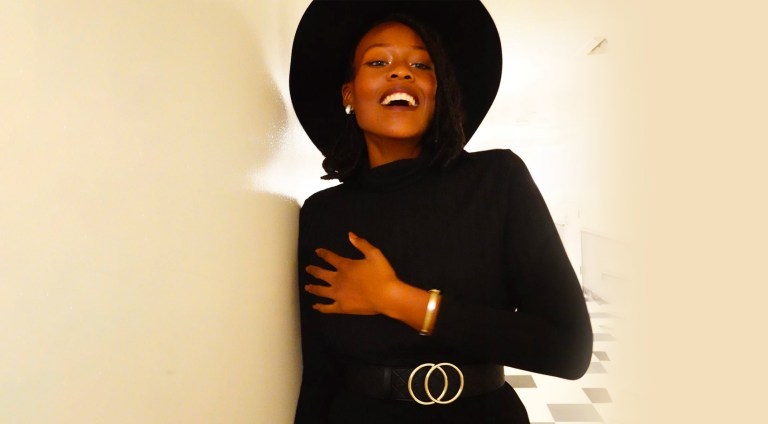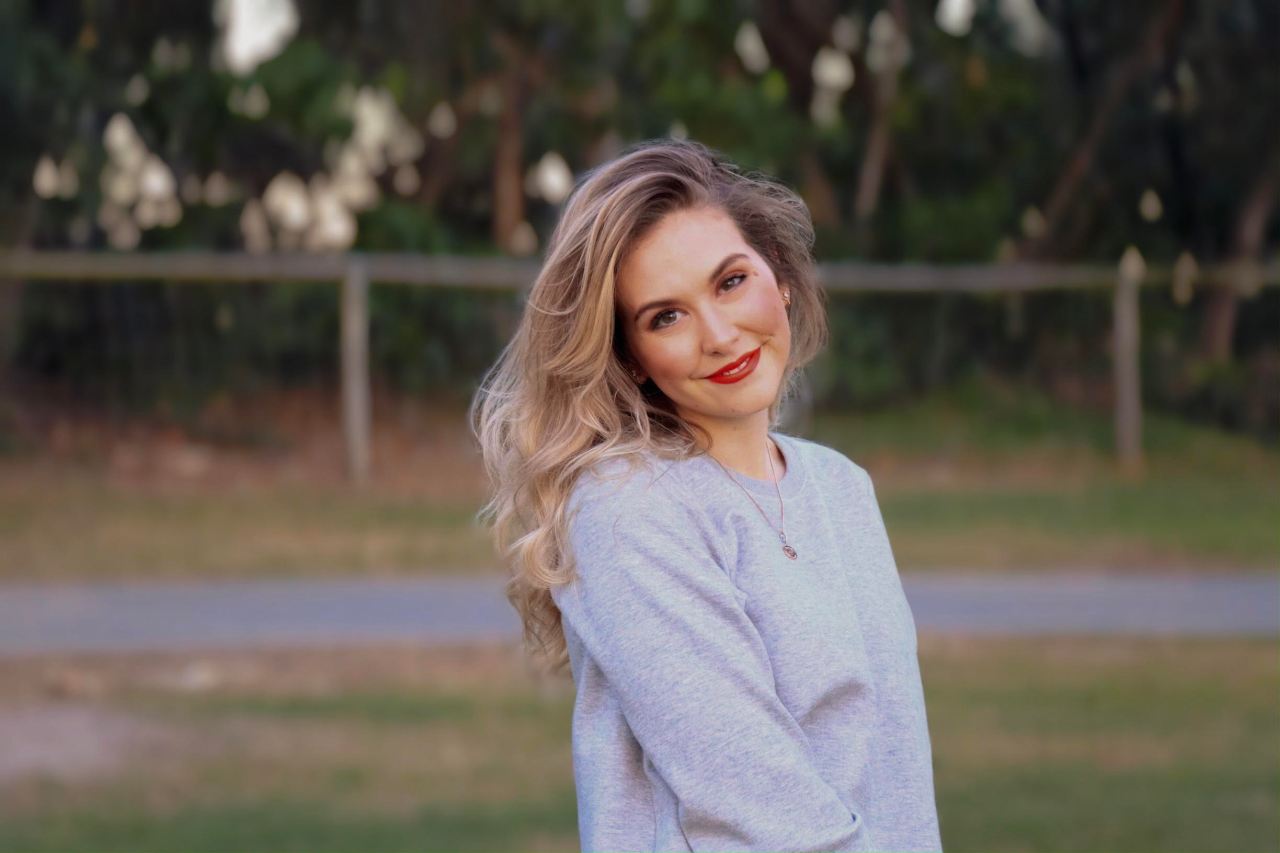
Why Jordanna Tucker Is No Longer Allowing Endometriosis To Define Her Life
For Jordanna Tucker, her Endometriosis diagnosis was as most women’s is: “drawn out and well overdue.”
The 26-year-old Queensland native is now a graphic designer, and has put a lot of her skills to use on social media, where she coaches and inspires women around the globe to live their best lives — chronic illness or not. For Jordanna, transparency is more important than anything else.
Jordanna’s Endo journey began in her mid-teens, which is common. She recognized that her periods were lasting longer than they should, and that her cramps were unbearable. Though she describes those menstrual cycles as “traumatizing,” she says that people told her to grin and bear it. “Welcome to womanhood,” was essentially the message.

“I remember waking up in blood, bleeding through my jeans onto my brother’s new car backseats, pretending I forgot undies after my dance exam so I could take the leotard home to wash it because I had bled through to it, sitting on my legs or jumper or bag on the school bus because I didn’t want to bleed on the seat,” she recalls. “All the while my friends seemed to not even notice theirs, it didn’t affect them at all. And I was so embarrassed all the time that I didn’t talk about it. I just tried to block it all out.”
However, it was at one point when Jordanna asked her mother if “organs could twist” that she first realized something may be wrong. She now knows she was sensing scar tissue, lesions or adhesions forming, but at that point she didn’t know the difference.
Sexual intercourse was another difficulty for Jordanna. She remembers crying, bleeding, and nonstop discomfort. For this she was prescribed antidepressants.
After more issues with sleep, bowl movements and other problems, Jordanna finally started conducting some research for herself. A search engine indicated that her symptoms may be suggestive of Endometriosis, but her GP informed her that the only way to know would be through laparoscopic surgery. Once her OBGYN agreed to the explorative surgery, she was finally given an answer, albeit one she wasn’t ready to hear.
“It’s much worse than we anticipated,” she recalled the doctor saying. “The scarring and adhesions had glued everything together.” Six more months and she would have been infertile.”
The next year was Jordanna’s most challenging. The pain was unbearable, the bleeding was constant, and the end seemed nowhere in sight. Eventually, she was given more surgeries in which endometrial tissue/lesions/adhesions removed were removed from her stomach, pelvic wall and ovaries, and she had her ovaries “unglued” from her pelvic wall, cysts removed and dye tests to check that her tubes were still intact.
Today, Jordanna feels her diagnosis is more bearable, though it is a constant challenge. A combination of healthy lifestyle habits and medication have helped her regain a sense of normalcy.
“I have 5 young nieces and I honestly just look at them and think god – I hope this doesn’t happen to them,” she said. “But if it did it does, I would want them to be able to access information from young women like me, privately… that’s why I think Instagram is such a great platform to share your story on. They all have access to it and can find the information so easily and send you a private message if they need help.”
https://www.instagram.com/p/Bwjffw6Arbi/
Today, Jordanna is thriving in her career, and inspiring women on that very platform. “I was defined by it,” she says of her Endo diagnosis. Whereas she used to cancel plans with friends and miss work, now she won’t let it sideline her any longer. “I refuse to call in sick for Endo pain,” she said. “I’m going to be in pain anyway so I may as well be productive. And it’s a chronic disease, it doesn’t go away so if you give in to it today, what does that mean for tomorrow? And the next day? It’s still going to be there. You have to learn how to function with it or you’ll never have a good day.”
“I guess it’s exhausting feeling sorry for yourself and my disease was exhausting me enough as it was. I think that’s when I decided not to let it define me,” Jordanna concluded. “Don’t isolate yourself. This disease affects 1 in 10 woman. There are so many of us that understand what you’re going through. Don’t be afraid to reach out and share your story.”
